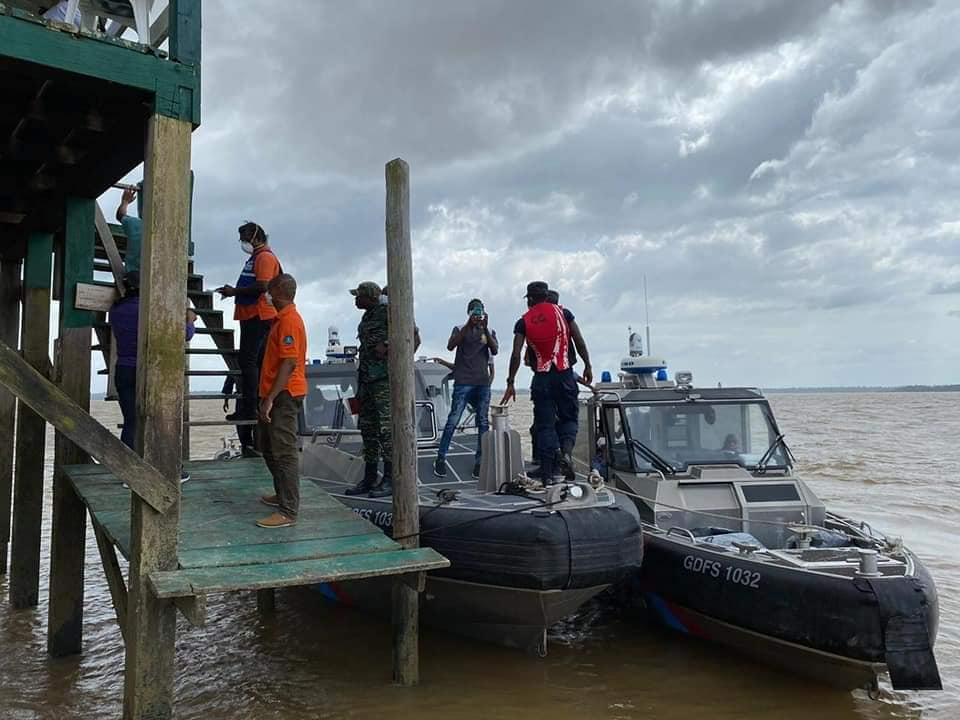Director General of the Civil Defence Commission (CDC), Lieutenant Colonel Kester Craig has defended the body’s COVID-19 relief work.
In a statement yesterday by the Ministry of the Presidency (MoTP) , Craig said that while some citizens might believe that the Commission is moving too slow in its distribution efforts, they must be cognizant that while it had the foresight to procure supplies beforehand, the situation has drastically changed from then to now. He noted that the entire world is trying to cope with the pandemic and therefore, it is a challenge to mobilise resources, for which the entire world is competing.
In the statement yesterday, MoTP said that 1759 households in 25 communities from across five regions have already benefited from COVID-19 relief.
Since the distribution began on April 5, 2020, residents in communities located in Regions 3, 4, 5, 6 and 10 have received hampers containing a month’s supply of food items.
Senior Response Officer of the CDC, Captain Salim October said there has been careful coordination between CDC’s National Emergency Operations Centre (NEOC) and local Non-Governmental Organisations (NGOs), Governmental Agencies, Regional Democratic Councils (RDCs), Community Liaisons and some members of the Private Sector.
The statement by MoTP said that in light of the challenges, the Director General noted that the CDC in collaboration with key stakeholders conducted reconnaissance, assessments and analysis and the neediest and most vulnerable communities were the recipients of the first batch of supplies. Further, distribution and procurement plans have already been worked up to direct the process based on the availability of the required resources.
“This is not to say that we are not trying our best. We have challenges and despite those challenges, we are still working to ensure that the citizens are taken care of during this time. We have tried, as far as practicable, to touch those communities which are most vulnerable and who would be most impacted during these measures. However, our intention has always been to ensure that every vulnerable citizen benefit, so we are trying to work out those challenges,” Craig was quoted as saying.
Craig went on to say that the CDC has noted that several public and private entities and individuals are coordinating similar distribution interventions across the country. It is recommended that all distributions be coordinated via one system to avoid duplication of efforts and to maximise resources.
“The CDC stands ready to work with Government, Non-Governmental, Private Sector and other agencies to coordinate a comprehensive distribution effort which reaches the entire vulnerable population,” the Director General noted.
He said this co-operation could be activated by donating supplies directly to the CDC, through joint distributions in the communities or the sharing of logistics and distribution information.
“At minimum, the CDC would be appreciative if organisations which are engaged in their own distribution activities can inform us ahead of time so that such efforts can be factored into our national distribution planning. We are confident that your assistance in this regard would help to mitigate the duplication of relief efforts as we respond to the challenges and impacts of COVID-19. Kindly contact the National Emergency Management System (NEMS) at 600-7500 or 623 – 1700 to update us on any relevant information. We welcome your continued partnership and support,” he noted.






